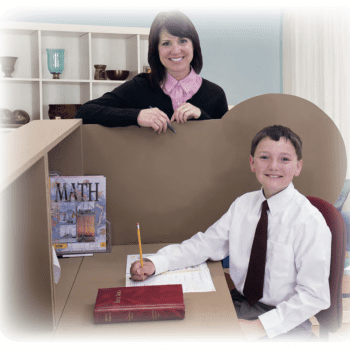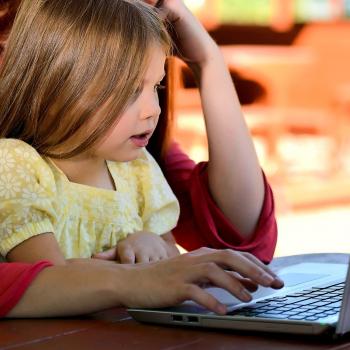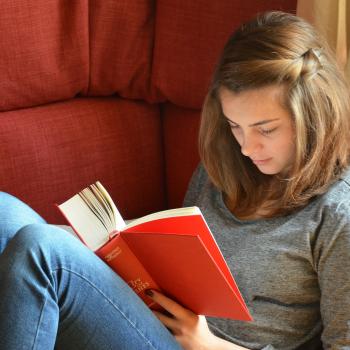 When individuals who attended public school talk about the negative experiences they had, point out that many public schools are failing or that certain practices in public schools leave much to be desired, and call for improving the schools and reforming public education, they don’t face accusations of being anti-public school, of just being bitter, of being angry at their parents, or of over-generalizing and calling all public schools universally bad. No one tries to silence them for “giving public schooling a bad reputation,” accuses them of trying to ruin things for everyone else, or says that the problem was just their shitty family situation.
When individuals who attended public school talk about the negative experiences they had, point out that many public schools are failing or that certain practices in public schools leave much to be desired, and call for improving the schools and reforming public education, they don’t face accusations of being anti-public school, of just being bitter, of being angry at their parents, or of over-generalizing and calling all public schools universally bad. No one tries to silence them for “giving public schooling a bad reputation,” accuses them of trying to ruin things for everyone else, or says that the problem was just their shitty family situation.
So why is it that when individuals who were homeschooled talk about their own negative experiences, point out that many homeschools are failing and that certain homeschool practices leave much to be desired, and call for improving homeschooling through implementing reforms, people accuse them of being anti-homeschool, of just being bitter, of being angry at their parents, and of over-generalizing and calling all of homeschooling universally bad? Why is it that people try to silence them for giving homeschooling a bad reputation, accuse them of trying to ruin things for everyone else, and say that the problem was just their shitty family situation?
Why is it that it’s just fine to call for reform of the public schools, hip even, but it’s taboo to call for reform of homeschooling? Why is criticism of public schools widespread and expected, but criticism of homeschooling by those who were homeschooled themselves causes everyone to lose their heads?
How is “people have shitty experiences in public schools too” a sensible answer to calls for reforming homeschooling? Do we shrug and say “people have shitty homeschool experiences too” when people call for reforming and improving public schools?
Why do people respond to calls for homeschooling reform by stating that there’s nothing that can be done to curb abuse, when no one would even think of responding to calls for public school reform in that way?
Why is it that criticism of homeschooling by those who were homeschooled is panned off as some form of adolescent rebellion while criticism of public schools is practically trendy?
Why is calling for reforming homeschooling portrayed as trying to “ruin things for everyone else” while reforming public schools is seen as an effort to make things better for everyone’s children?
Why is voicing criticism of homeschooling or talking about negative homeschool experiences portrayed as being anti-homeschool while criticizing public schools or talking about negative experiences in public schools isn’t similarly portrayed as being “anti-public school”?
Why do people shrug and say that bad homeschooling is just a result of shitty parents and there’s nothing to be done while at the same time arguing that we need school reform to improve shitty schools and implementing programs to help public school kids with shitty family backgrounds?
Why is criticizing public schools and calling for public school reform seen as healthy and good while criticizing homeschooling and calling for homeschool reform is taboo? Shouldn’t we want to improve and reform both, cut down on abuse and neglect in both, and ultimately work toward the best interests of children in whatever educational methods their parents have chosen for them?
Something is very broken about how we discuss this issue.














